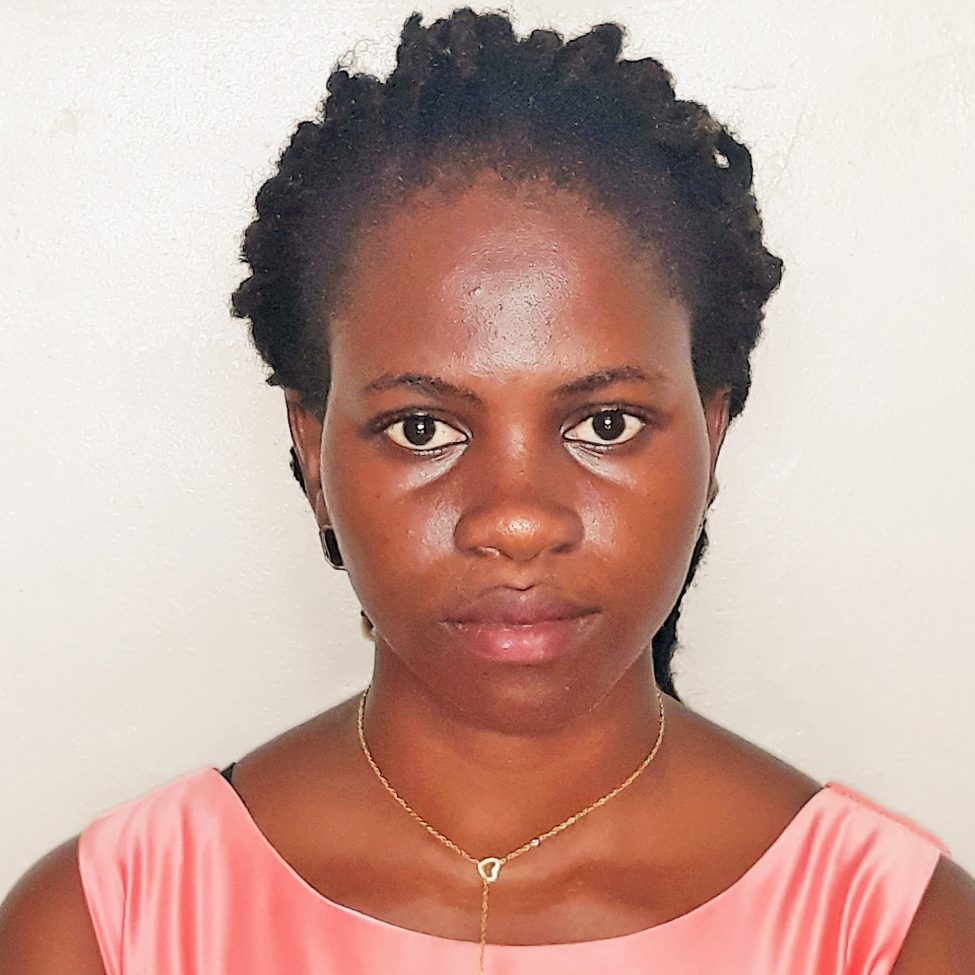Flora Yao
TrypanoGEN+
I am YAO Blé Gbacla Flora Dominique born on December 24, 1992 in Yamoussoukro (Ivory Coast). I have a PhD in Genetics and Molecular Epidemiology from the University Jean Lorougnon Guédé. Also, I am studying human genetics and this study is based on urinary microbiome in relation with intestinal schistosomiasis. Therefore, my research focuses on bioinformatics, Metagenomics.
Abstract
Schistosomiasis is a neglected tropical disease caused by trematode worms of the genus Schistosoma (WHO, 2020). Among forms of human schistosomiasis related to schistosome species, Schistosoma mansoni bilharzia which is an intestinal form is the most prevalent in the world with a very significant expansion in Africa (WHO, 2015) and particular endemicity in the western regions of Côte d’Ivoire. Studies have shown that this form impacts the gut microbiota through the creation of an imbalance in the microorganisms (Timothy et al., 2018). However, the intestinal microbiota is linked to the urinary microbiota through bacterial flows or exchanges leading sometimes to dysfunctions in the urinary microbiome which has an important role in the human organism (Morand, 2019). Therefore, it seems important to evaluate the impact of S. mansoni infection on the urinary microbiome. This study aims to assess the intensity of S. mansoni infection on the urinary microbiome in children. Specifically, the study will (i) investigate relationship between molecular profile of the human urinary microbiome and the intensities of S. mansoni infection, (ii) determine link between resistance/susceptibility allelic profile and urinary microbiome molecular profile in children, Determine the impact of S. mansoni infection load on physical development of children and (iii) determine the impact of S. mansoni infection load on physical development of children. Sampling was conducted in intestinal schistosomiasis endemic areas of western Côte d’Ivoire in the departments of Blolequin and Guiglo. Students between the ages of 5 and 13 years were considered for the study. A midstream urine sample was collected in a sterile jar and a survey was completed to determine the health status of the subjects. Infection intensities were determined in the field using POC-CCA. An estimated 286 samples with intensities ranging from NEGATF, POSITIVE+1, POSITIVE+2 and POSITIVE+3 were subjected to genomic DNA extraction using the phenol/chloroform protocol; followed by 16S RNA gene amplification. These amplified genes will be sequenced for metagenomics.

